Utpal Dutt

- Born: 29 March, 1929 (Barishal, Bengal Presidency, British India)
- Died: 19 August, 1993 (Calcutta, Bengal, India)
- Primary Cinema: Hindi
- Parents: Girijaranjan Dutta
- Spouse: Shobha Sen
- Children: Bishnupriya Dutta
Actor, writer, director, thespian and a staunch political activist, Utpal Dutt was a man of many talents. Born in Barishal (now a part of Bangladesh) he always claimed to have been born in the picturesque hill station of Shillong; one of the many myths he created making himself larger than life, just like the theatre he practiced.
Dutt was exposed to theatre as a teenager in the mid-40s as he started doing English plays with the establishment of “The Shakespeareans” in 1947. His performance as the king in Richard III got him noticed by Geoffrey and Laura Kendall (parents of theatre and film actress Jennifer Kendall), who hired him as a part of their travelling theatre company “Shakespereana Theatre Company.” Dutt toured with them all around India and Pakistan for two years, performing Shakespeare. After the Kendall’s left India in 1949, he renamed the company to “Little Theatre Group” and continued to perform Shakespeare, Brecht, Ibsen, Shaw, Tagore and Gorky.
Gaining popularity by playing the titular role in Othello, he then shifted to performing plays in his mother tongue Bengali. According to Utpal Dutt, theatre was a medium for the masses and performing English plays in Bengal only took it further away from them. He borrowed the professionalism and discipline from the medium and incorporated it in Bengali theatre. The first few productions by his company Little Theatre Group were Ferari Fouj, Titash, Kallol and Angaar. A dedicated Marxist, his plays were a clear reflection of his political ideologies. Dutt believed theatre as a medium to ignite the masses for a revolution and not just radicalisation of liberal ideals. His plays captured the political turmoil of Bengal and the rest of India quite effectively and were a direct comment on the ruling parties of the nation. Dutt also heavily criticised Indian Peoples Theatre Association (IPTA), of which he was a founding member, for its oversimplified and anaemic representation of the revolution through the proletarian hero, which he felt wasn’t for the masses but middle-class liberals.
His plays with the Little Theatre Group were marked by spectacle, sensation, violence and what Dutt described as “the bold finish.” Kallol was set against the rebellion of the Indian ratings of the Royal Indian Navy in 1946. The play made savage criticism of the Congress, charging it with the betrayal of the responsibility for their massacre at the hands of the British army. The play resulted in his arrest and detention without trial in the Presidency Jail by the ruling party. Angaar based on the lives of coal workers and their exploitation by the mine owners, closed on a coalmine getting slowly flooded, with a band of trapped miners going under with Tapas Sen’s lighting out of cans with holes, flung on canvas in the rear, supported by a piece of haunting music by Ravi Shankar, creating sheer panic; a “bold finish” as he would call it.
Drawing on from this exposure and experience he took over Minerva Theatre in 1959 on a lease and set up a theatre company housed in it. A first for its time when a non-professional group turning semi-professional with a theatre of its own. He produced many plays at the Minerva Theatre, the famous one being a series of documentary plays on the US role in Vietnam War, the Naxalbari movement and the Scottsboro trail. Dutt held the genius to connect the political uprisings from across the world to the situations within the homeland.
His transition in films happened during a performance of Othello in 1950 where he was noticed by famous filmmaker Madhu Bose who signed up for the film Michael Madhusudan (1950) based on the life of revolutionary Indian poet Madhusudan Dutt. He went on to work in many Hindi and Bengali films over his prolonged career collaborating frequently with directors like Satyajit Ray, Mrinal Sen and Hrishikesh Mukherjee. Dutt made a name for himself as a comic actor in Hindi cinema with films like Guddi (1971), Gol Maal (1979), Naram Garam (1981), Shaukeen (1982) and Rang Birangi (1983). A pleasant departure from his serious theatre in Bengal, he skilfully balanced his parallel careers as a comedian and a serious playwright.
His role as Bhavani Shankar, Amol Palekar’s boss in Gol Maal became an icon for its legendary moustaches and the hilariously ancient values. In Naram Garam, he reprised his role with Palekar playing Ram Prasad again; the comedy though was a bit lukewarm this time. He immortalised the thinking man comedian through his bone tickling yet sensible performances in these films.
He collaborated extensively with Satyajit Ray in Bengali cinema with films like Jana Aranya (1976), Joi Baba Felunath (1979), Hirak Rajar Deshe (1980) and Agantuk (1991). With Mrinal Sen he worked in films such as Bhuvan Shome (1969), Ek Adhuri Kahani (1971), and Chorus (1974). He also appeared in Ritwik Ghatak’s Jukti Takko Aar Gappo (1974) and Amanush (1975) and Barsaat Ki Ek Raat (1981) by Shakti Samanta. Apart from the comedy roles he also appeared as villains in films such as The Great Gambler (1979), Inquilaab (1984) and the Bengali/Hindi bilingual Barsaat Ki Ek Raat alongside Amitabh Bachchan.
He remained active in theatre throughout the 60s and 70s producing plays such as Vietnam, Barricade, Dusswapner Nagari and Ebaar Rajar Pala. He took up jatra, folk theatre of Bengal, in 1968-69 and brought it to masses by modulating the form a bit for the larger masses. Throughout the 70s and early 80s Dutt wrote and directed several palas (as jatra plays are called). He even directed a few movies namely Megh (1961), Ghoom Bhangar Gaan (1965), Jhar (1979), Baisakhi Megh (1981), Maa (1983) and Inquilaab Ke Baad (1984).
An exemplary playwright, actor, director and an unabashedly political artist, Utpal Dutt remained creative and imaginative till the end with his texts loaded with political meanings and radical subtexts. His contributions to theatre and cinema garnered him with numerous accolades and awards as well. He was awarded Sangeet Natak Akademi Fellowship in 1990, for his unparalled contribution to theatre, as well as the National Film Award for Best Actor for his role in Bhuvan Shome. He even won multiple Filmfare awards for his performances in comedy roles.
Dutt married theatre and film actress Shobha Sen in 1960. They have a daughter Bishnupriya Dutt, who is a professor of Theatre and Performance Studies. He passed away on 19 August 1993 due to a heart attack, after a prolonged illness.
References
Refrences:
1. Dramatic Moments by Nimai Ghosh
2. “Theatre as a Vehicle of Revolution”- An Intyerview With Utpal Dutt by A. J. Gunawardana
-
Filmography (71)
SortRole
-
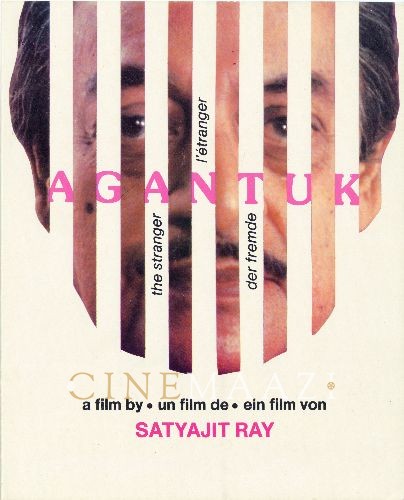
Agantuk 1991
-
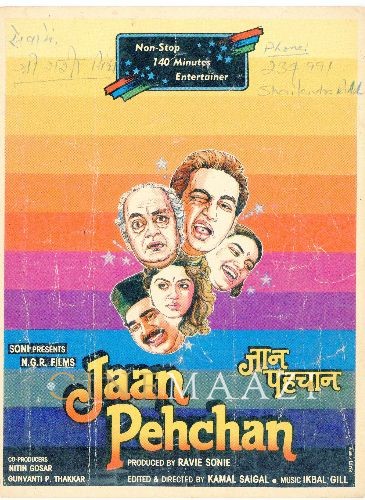
Jaan Pehchan 1991
-
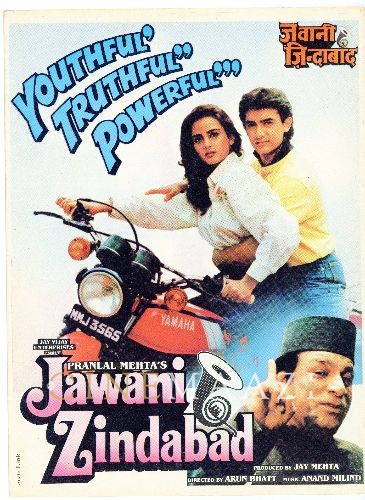
Jawani Zindabad 1990
-
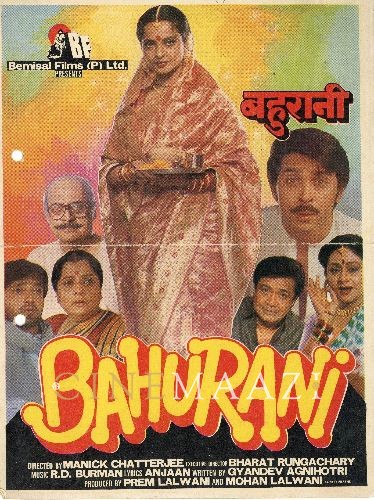
Bahurani 1989
-

Pyar Ke Kabil 1987
-

Kirayadar 1986
-
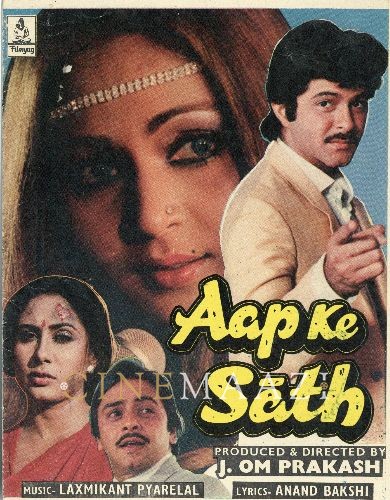
Aap Ke Sath 1986
-
Anyay Abichar 1985
-
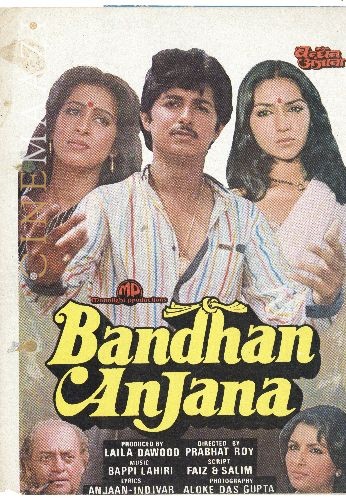
Bandhan Anjana 1985
-
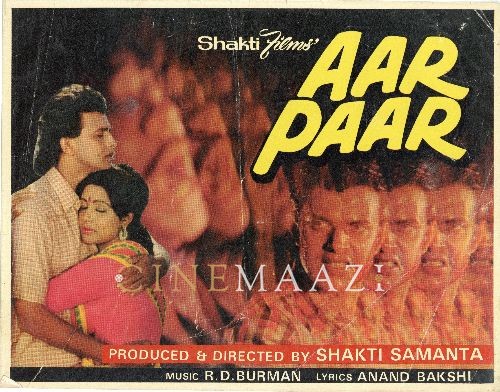
Aar Paar 1985
-
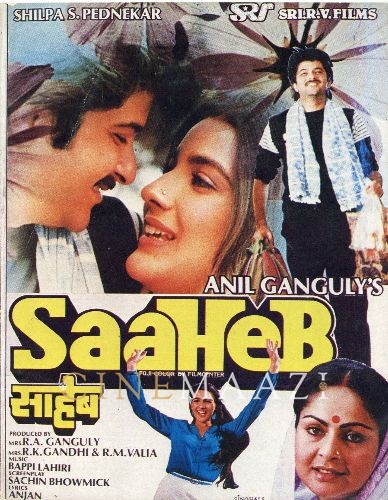
Saaheb 1985
-
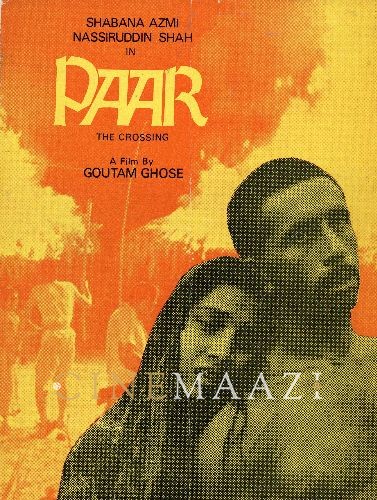
Paar 1984
-



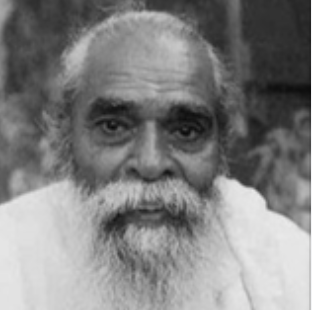
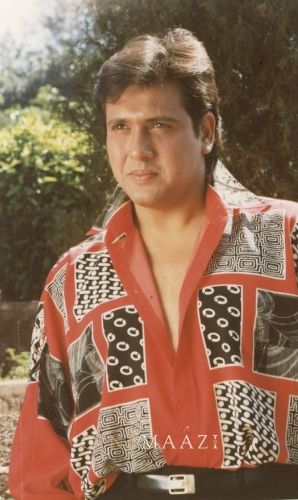
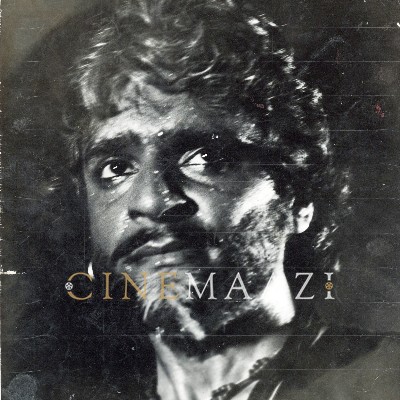


.jpg)


